Music Is A Teen’s Social Glue
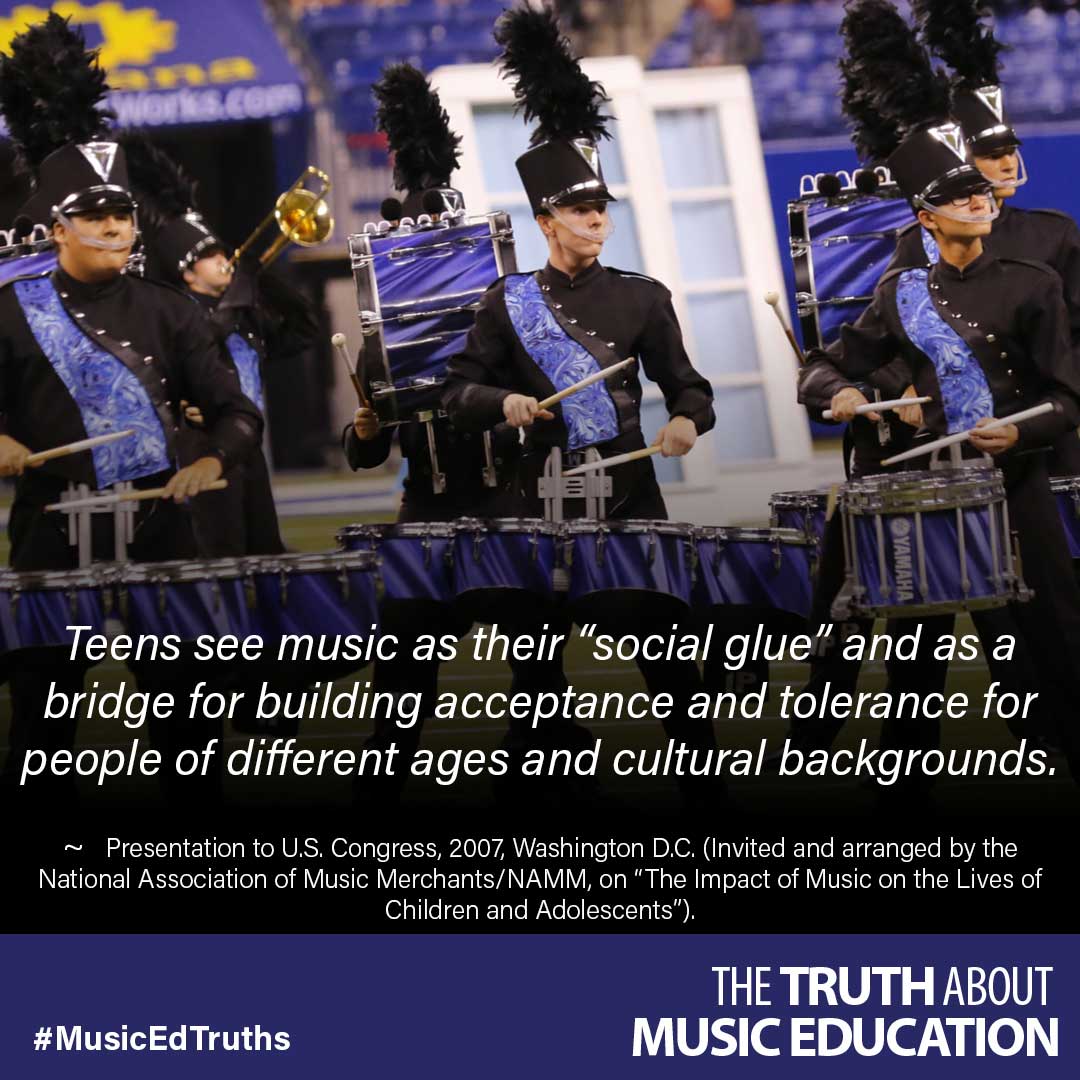
Teens see music as their “social glue” and as a bridge for building acceptance and tolerance for people of different ages and cultural backgrounds.

Teens see music as their “social glue” and as a bridge for building acceptance and tolerance for people of different ages and cultural backgrounds.

In 1966, Yamaha launched its first wind instrument, the YTR-1 trumpet; the first Yamaha saxophone debuted a year later. Since then, Yamaha has developed a wide range of saxophones and the technology, craftsmanship, and specifications required to create these magnificent instruments has continued to evolve.
The Custom Z, first introduced in 2003, is the culmination of these advances and offers outstanding features that continue the legacy of Yamaha quality and performance for the most demanding performers and collectors. The Custom Z is the ultimate combination of expressiveness, response and control while staying true to their free-spirited origins
The 50th Anniversary Model Custom Z is limited to production of just 50 instruments and features a metal thumb hook and thumb button, intricate and unique engraving on the neck and it sports a special vintage bronze lacquer.
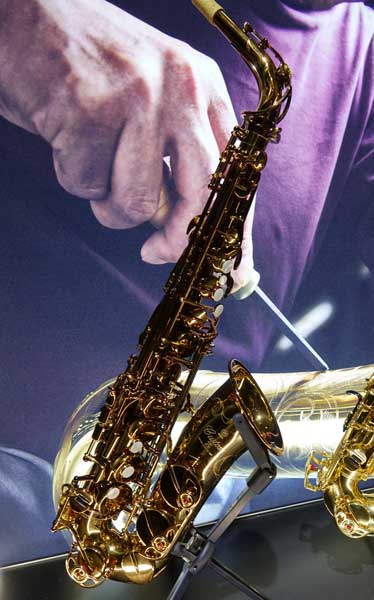
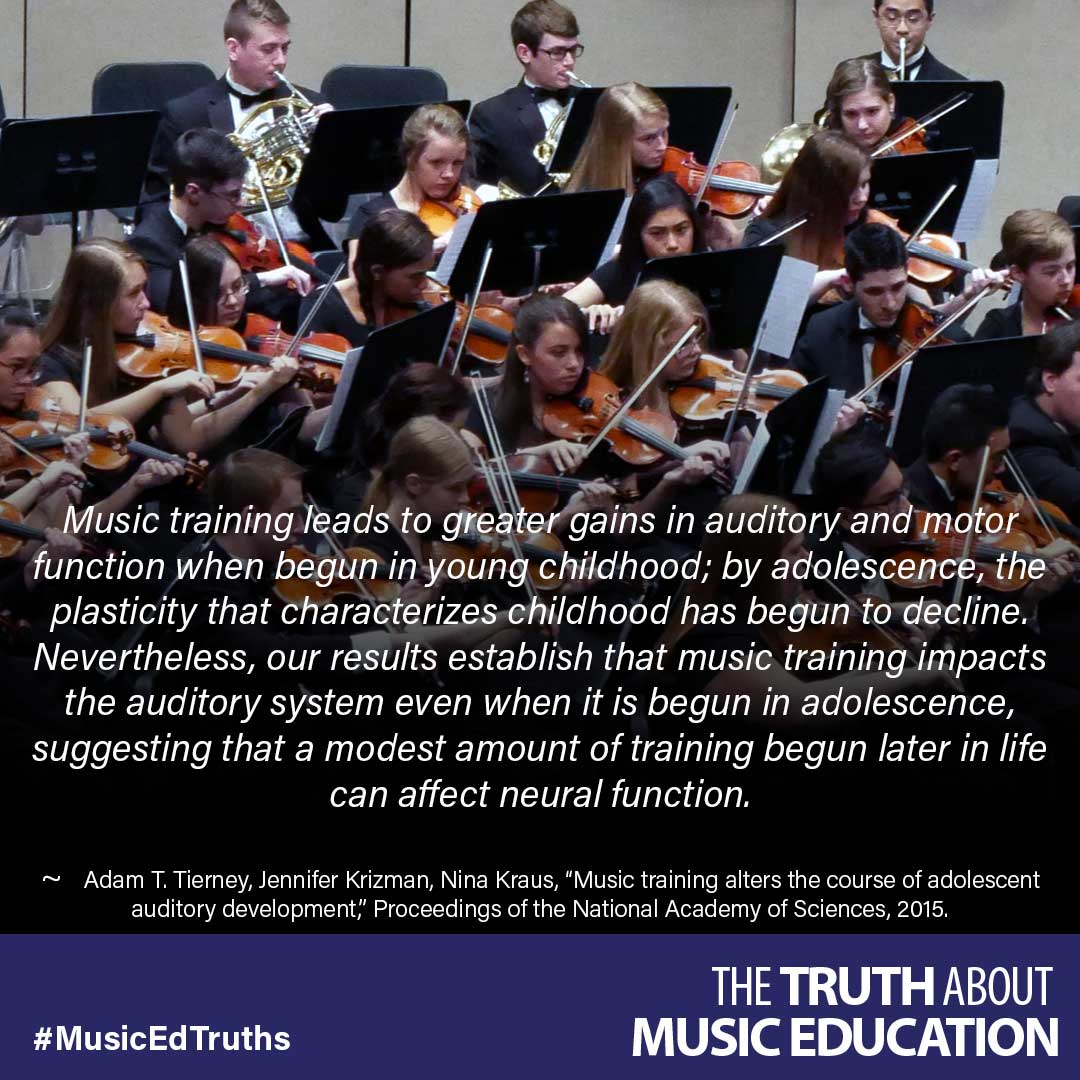
Music training leads to greater gains in auditory and motor function when begun in young childhood; by adolescence, the plasticity that characterizes childhood has begun to decline. Nevertheless, our results establish that music training impacts the auditory system even when it is begun in adolescence, suggesting that a modest amount of training begun later in life can affect neural function.
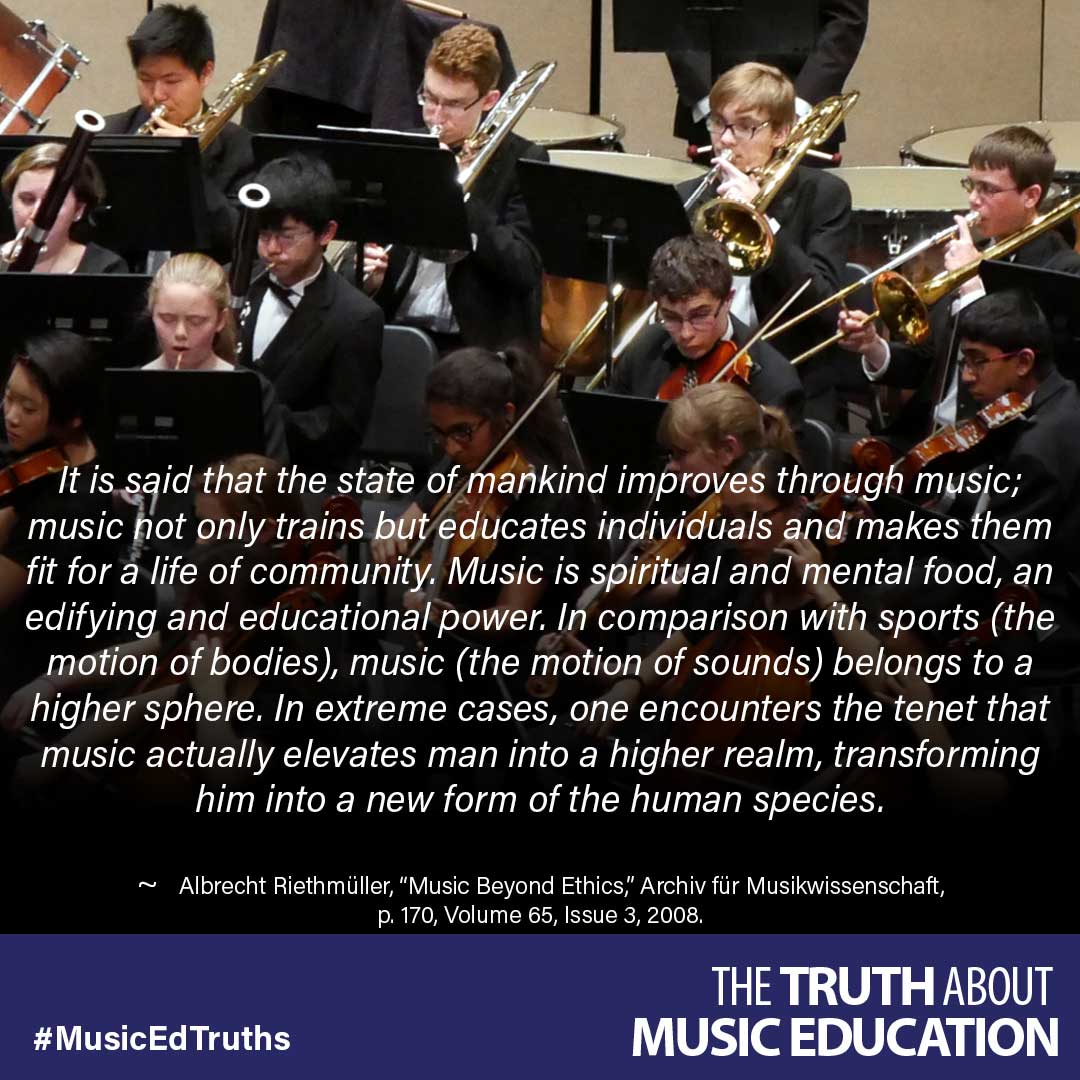
It is said that the state of mankind improves through music; music not only trains but educates individuals and makes them fit for a life of community. Music is spiritual and mental food, an edifying and educational power. In comparison with sports (the motion of bodies), music (the motion of sounds) belongs to a higher sphere. In extreme cases, one encounters the tenet that music actually elevates man into a higher realm, transforming him into a new form of the human species.
This month’s Staff Spotlight is on our warehouse manager, Ivin Flint. Ivin has a gained a unique perspective on Paige’s Music over his 19 years, mostly as the warehouse manager. He wears a lot of hats in this job and his interview was a lot fun. We hope you enjoy getting to know a little more about him.
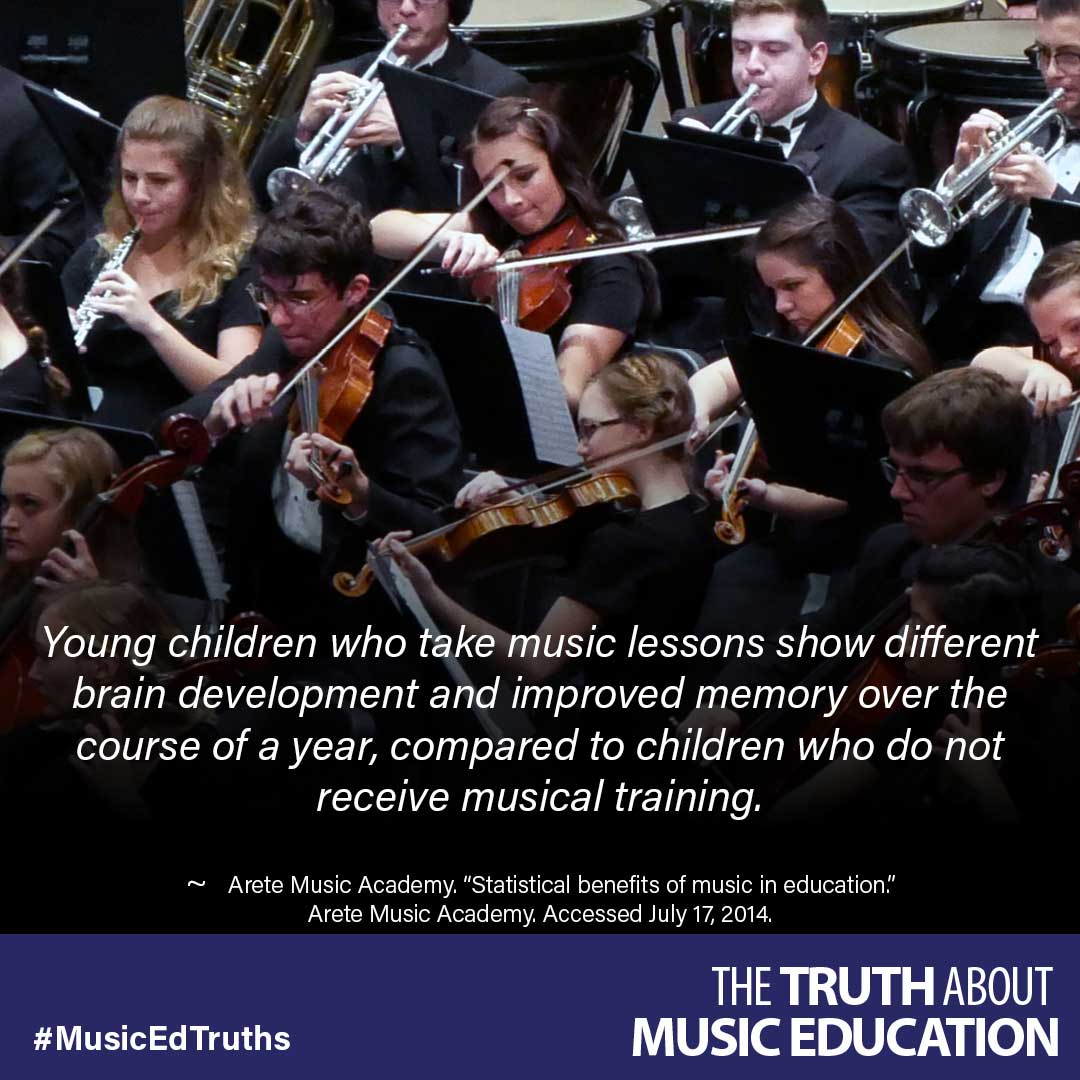
Young children who take music lessons show different brain development and improved memory over the course of a year, compared to children who do not receive musical training.
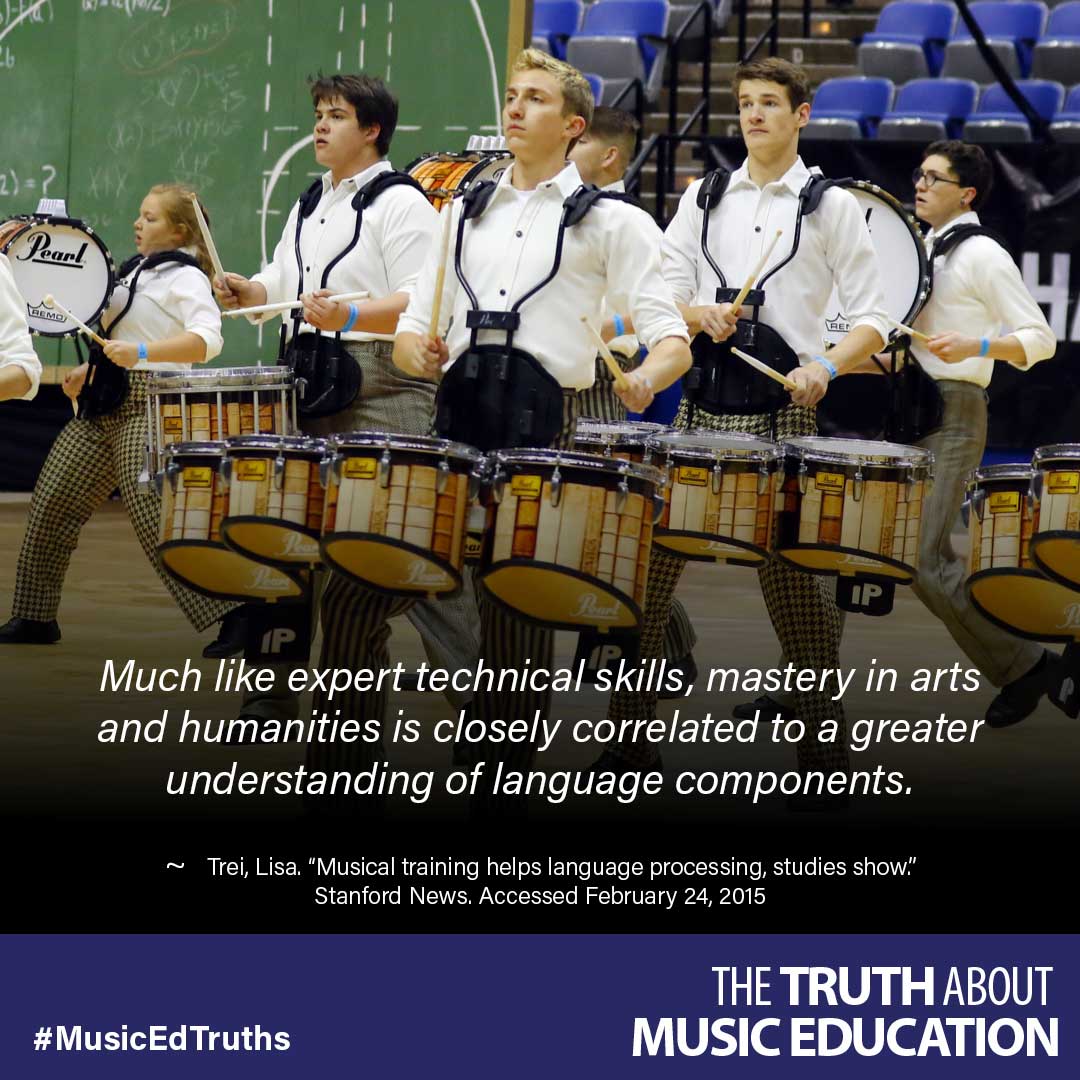
Much like expert technical skills, mastery in arts and humanities is closely correlated to a greater understanding of language components.
Daily care and maintenance of your instrument is very important to how well your instrument performs. Watch this quick video below for a few, quick tips on caring for your flute.